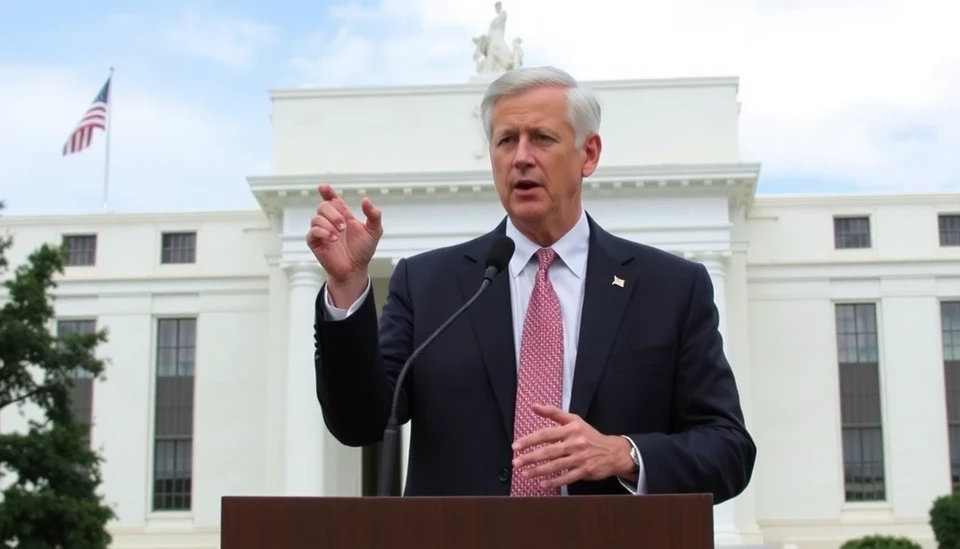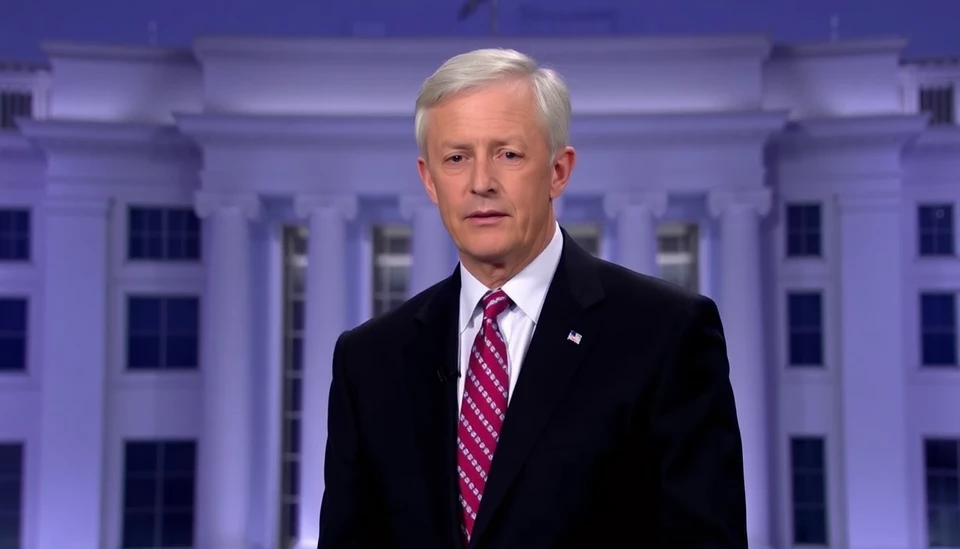
In a recent statement, Federal Reserve Governor Christopher Waller indicated that he would support a reduction in interest rates if factors such as tariffs lead to significant job losses. This announcement comes against the backdrop of ongoing economic challenges, including the strain of higher tariffs on American businesses and consumers.
Waller's comments underscore the Fed's readiness to adapt monetary policy in response to economic shifts. He pointed out that if the current tariff policies adversely impact employment levels, it may necessitate a reconsideration of the standing interest rates. Such flexibility highlights the Fed’s proactive approach to managing economic stability amid fluctuating trade dynamics.
In his remarks, Waller acknowledged the dual role of tariffs as both a tool for protecting domestic industries and a potential source of economic strain. He explained that increased tariffs could raise costs for businesses, which in turn might lead to layoffs or reduced hiring practices, thus influencing the Fed’s policy decisions.
This stance reflects broader concerns within the Fed regarding inflation and unemployment. Waller emphasized that the central bank continues to monitor economic indicators closely and remains committed to fulfilling its dual mandate: promoting maximum employment and stabilizing prices. Should job losses escalate due to tariff impacts, the Fed stands prepared to intervene with interest rate cuts to support the labor market.
The dialogue surrounding interest rates and tariffs is particularly pertinent as recent analyses have suggested that even slight shifts in economic policy could have substantial effects on job creation and economic growth. The Fed’s considerations come at a critical time as businesses and consumers navigate a landscape filled with uncertainty and rising costs.
In summary, Waller’s remarks signal a potential shift in monetary policy should job losses ramp up as a consequence of tariffs. With a focus on protecting employment, the Federal Reserve is leaning toward a flexible stance, indicating that it will respond to economic developments in a timely manner.
As the situation unfolds, observers are keen to see how these dynamics will influence upcoming decisions by the Federal Reserve and the broader economic climate in the United States.
#FederalReserve #InterestRates #Tariffs #JobMarket #EconomicPolicy #ChristopherWaller
Author: Rachel Greene




